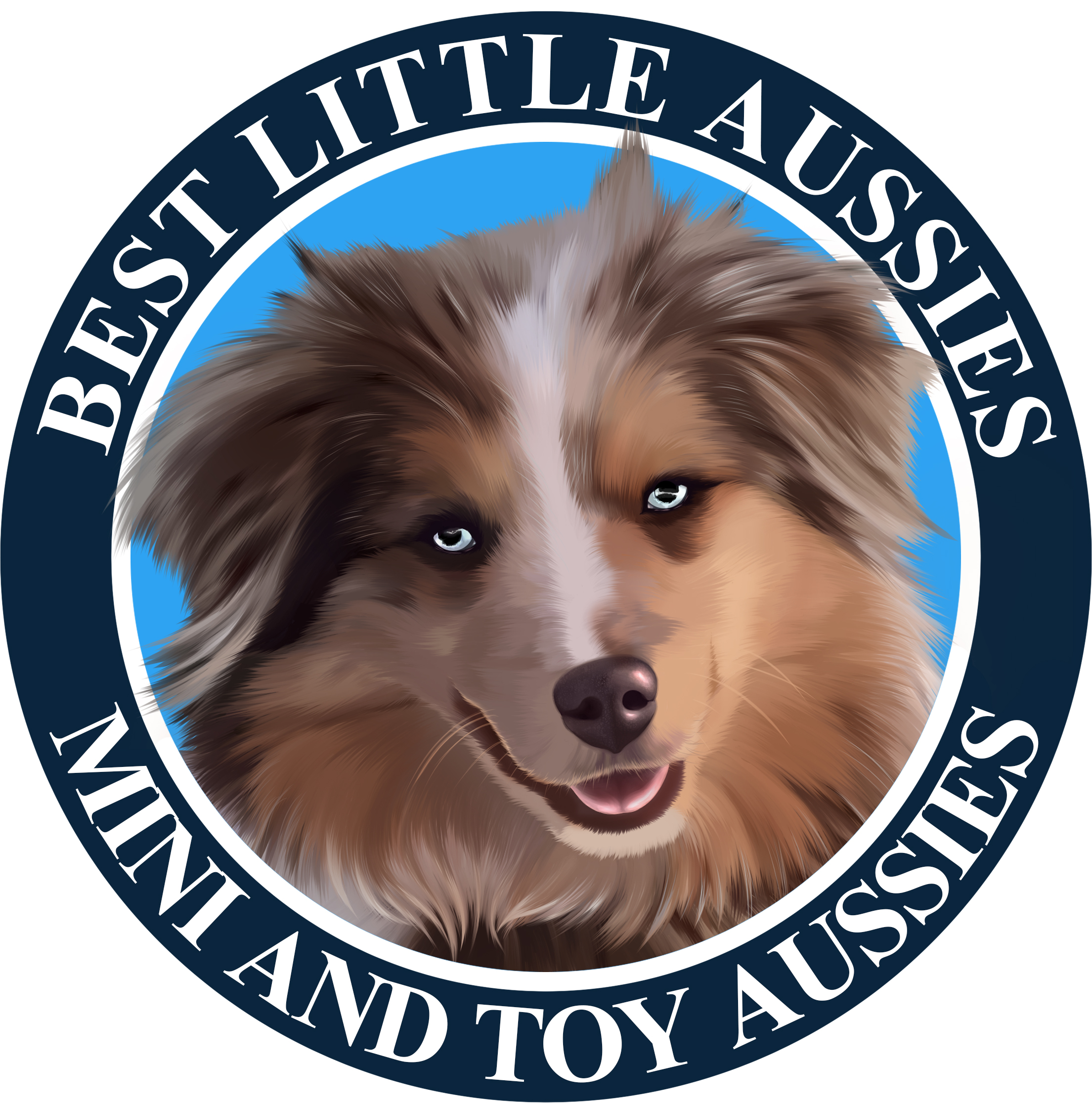Vaccination Schedule
42 days (6 weeks) of age
Vanguard 5 or Duramune Max 5 (Canine Distemper-Adenovirus Type 2 Vaccine)
70 days (10 weeks) of age
Canine Parvovirus Vaccine, Canine Distemper-Adenovirus Type 2 Vaccine
Any other vaccination recommended by your Veterinarian
98 days (14 weeks) of age
Canine Parvovirus Vaccine, Canine Distemper-Adenovirus Type 2 Vaccine
Any other vaccination recommended by your Veterinarian
Rabies
*Administer Rabies vaccine according to state law
Internal Parasite Protocol-
14 days (2 weeks) of age
Nemex®, Strongid® T- Pyrantel Paomate- Round and Hookworms (works by paralyzing the worms, so they release their grip and pass in the feces. The worms remain alive in the soil for a short period of time. Must be repeated at 2-4 interval 2-3 times to eliminate all stages of worms)
28 days (4 weeks) of age
Nemex®, Strongid® T- Pyrantel Paomate- Round and Hookworms
42 days (6 weeks) of age
Panacur, Safeguard- Fenbendazole-effective against roundworms, hookworms, whipworms (great article) (works by diminishing the parasites’ energy reserves and limiting their ability to eliminate waste.)
60 days (8 weeks) of age
Panacur®, Safeguard®- Fenbendazole
Fleas and Heart Worms
60 days (8 weeks) of age
Advantage Multi®
Why are puppies born with worms?
Puppies are often born with worms transferred from their mothers. What?!? Yes, the eggs of internal parasites are everywhere! In the grass, the soil, everywhere the dogs go. So we keep all of our adult dogs on a worming program to minimize the amount to be transferred from mom to pup. That number however is never zero.
– Monthly Heart Worm and Flea prevention- helps with intestional worms, prevents fleas that are carriers of Tape Worms.
– Bi Monthly worming of all adult dogs alternaitng between Pyrantel Paomate and Fenbendazole.
– 3 Day worming of all moms to be after day 50 of gestation with Fenbendazole.
Puppies are born with a sterile gut. They must get necessarry bacteria (good) and will get any bad as well from mom when she cleans them. As puppies grow and mature their immune system grows as well. By the time pups are mature dogs they are less vulnerable to internal parasites and those they have are usually covered by the monthly heart worm and flea prevention. As babies however, just like human kiddos, puppies want to put everything in their mouths. Grass, dirt, toys, moms and siblings poo occasionally (lets face it, as much as we try, we cand follow them around and get every BM as soon as it hits the ground. ) We do however take steps to minimize fecal contamination puppies can come in contact with.
– Litterbox training from an early age, not only does this make potty training a breeze but keeps them healthy as well.
– Clean litter box multiple times daily
– Weekly baths
-Repeat worming protocol to elimate parasites as they hatch
-Clean all surfaces puppies come in contact with Chlorhexidine or Rescue.
AKC’s Article on Parasites in Dogs
